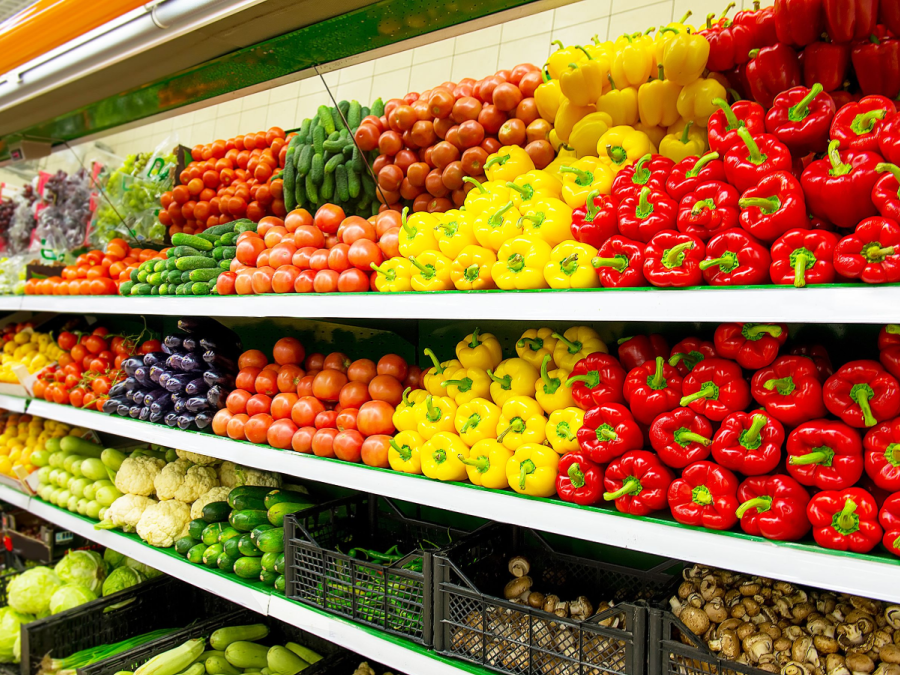
The UK’s proposed import border checks on goods from the EU will only worsen food inflation in the country, according to a fresh produce industry body.
The Fresh Produce Consortium (FPC) has rallied its members to sign letters to UK ministers protesting the draft strategy by the Department for Environment, Food and Rural Affairs (Defra), which would impose a charge for every consignment entering the country from the EU.
According to the FPC, the trade body representing the UK fruit and vegetable sector, traders in the food supply chain will not be able to absorb these costs which are due to be introduced in the new year, following the latest delay in April.
Estimated additional annual costs of more than £10m ($12.6m) coming from import charges would have to be passed on to consumers, increasing food inflation even though prices are thought to have peaked, having reached a 45-year high in April, the FPC said.
The FPC has accused ministers of adopting “an outdated and highly inefficient border solution which fails to meet the needs of a modern progressive industry and simply adds cost for consumers” with its Border Target Operating Model (TOM) draft.
The trade body, which claims to speak for 70% of the UK’s fresh produce supply chain, said “anticipated additional costs, delay and disruption” for checks on perishable goods would “materially contribute towards consumer inflation, business on-costs, food waste, and carbon emissions”.
It added: “There is also a key concern that additional administrative requirements may restrict or deter European trade. The concerns are especially true for SMEs who feel they may be disproportionately affected by the substantial additional administrative costs of trade to supply their customers.”
The FPC’s letter warning of the impact of the new border proposals on food imports was sent in reply to the government’s consultation with industry on its new border strategy, known as the TOM.
According to the industry body, among the proposals made in the draft strategy issued by Defra and the Cabinet Office is the introduction of a charge of up to £43 for each imported consignment from January.
The FPC estimated that lorries carry on average ten consignments, as roughly 1.2m consignments of fresh produce enter the UK each year. It predicted that, as a result, the fresh produce industry could face extra costs of up to £11m each year, just due to the introduction of a £43 charge on each consignment arriving in the country.
Despite the industry body’s recent outcry against the government’s border check plans, fresh produce imports into the UK from the EU were announced last month to be excluded from safety checks under new border proposals, which was welcomed by the FPC.
CEO Nigel Jenney then said: “The original proposed strategy would have potentially imposed an additional annual cost to the fresh-produce industry in excess of £150m.
“Ultimately, these costs would be passed on to hard-pressed consumers with the UK government being directly responsible for unnecessary UK food inflation.”
